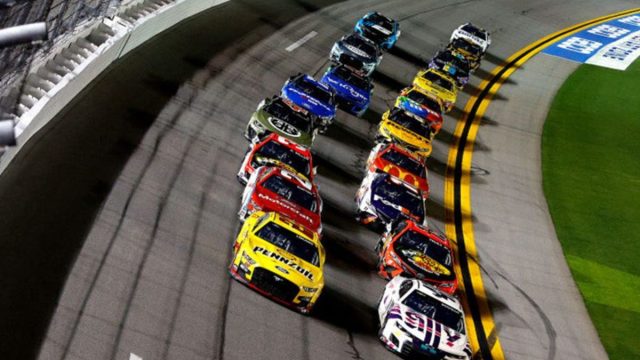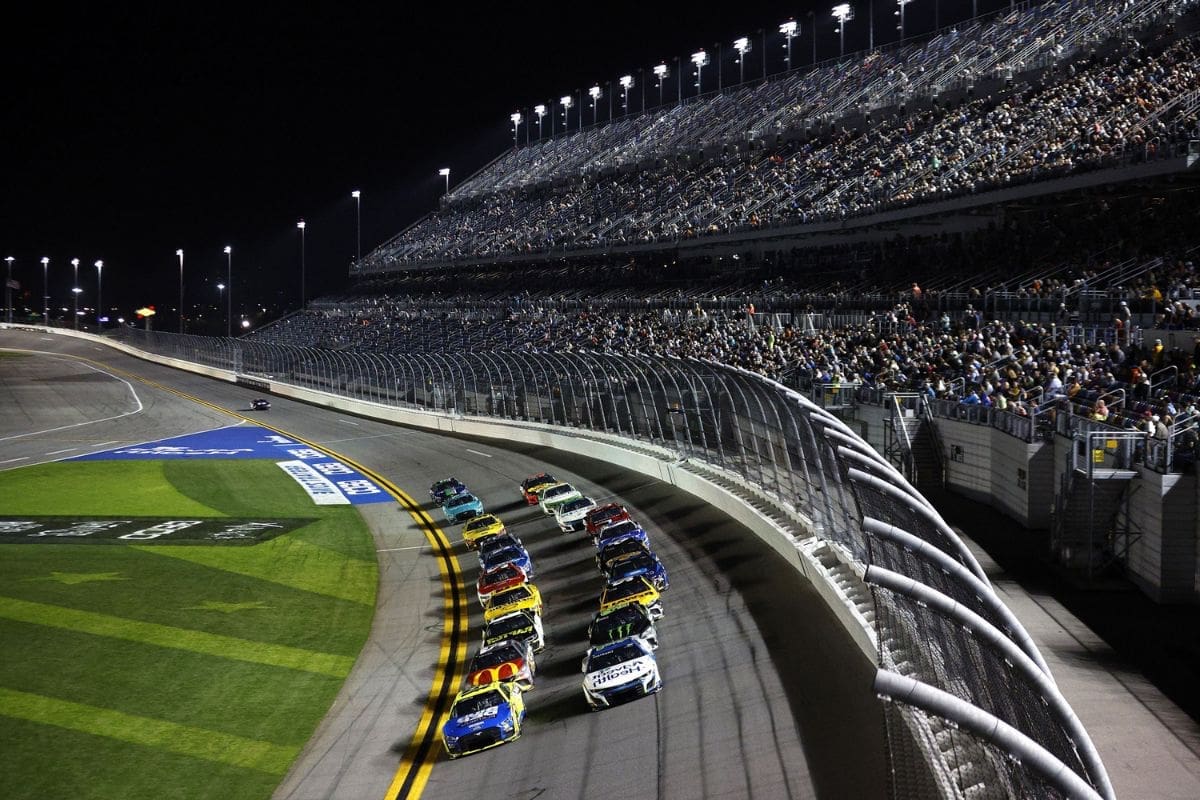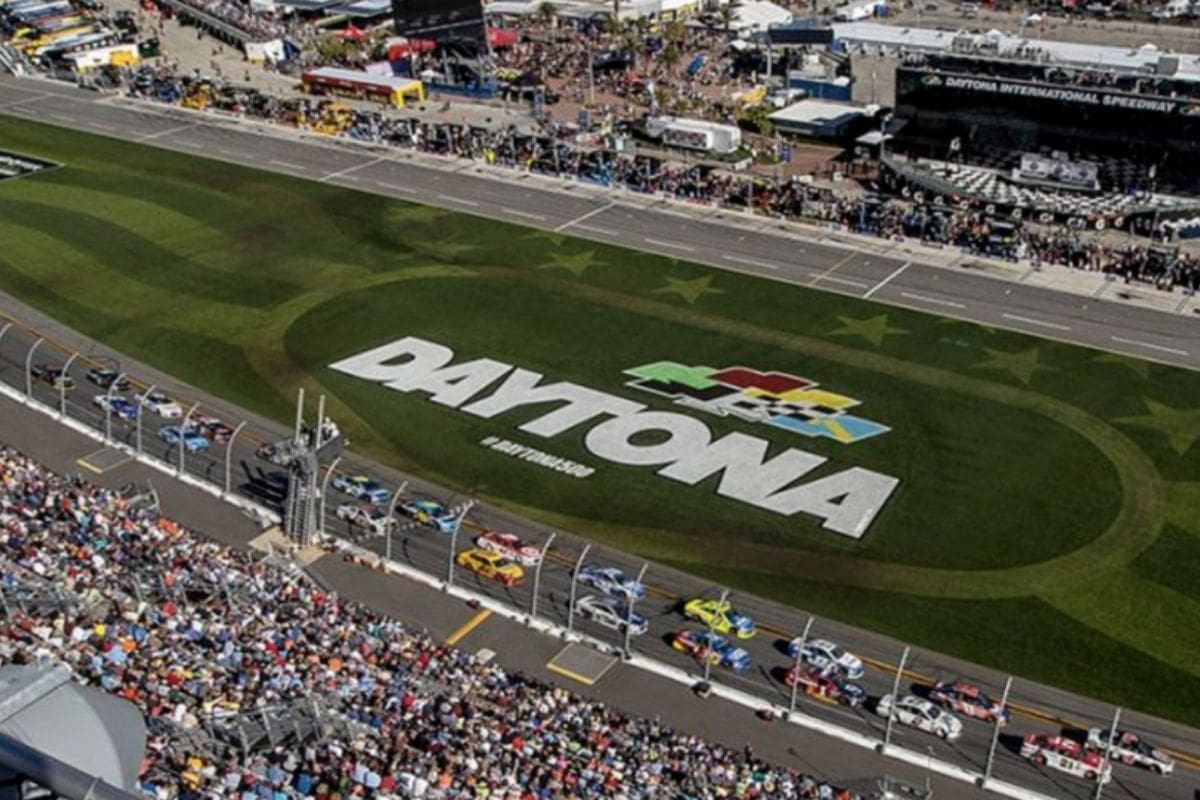NASCAR Daytona 500 Decision: NASCAR’s Daytona 500 Decision has sparked a debate among fans and analysts alike. The conclusion of the race left many questioning the series of events that transpired.
While some argue that NASCAR didn’t handle the situation optimally, others believe that given the circumstances, the right call was made swiftly.
As we dissect the nuances of the Daytona 500, it becomes apparent that the outcome has broader implications for the sport.
The impact of this decision on NASCAR’s reputation and future events is a critical point of discussion that merits closer examination.
NASCAR Didn’t Do Itself Any Favors with the Ending
NASCAR’s handling of the finish at the 2024 Daytona 500 undoubtedly left fans and critics questioning the organization’s decision-making processes. The race’s conclusion under caution sparked controversy, continuing a concerning trend seen in recent years. The lack of a clear and definitive replay only added to the confusion, leaving fans eagerly awaiting a resolution. Critics were quick to point out the inconsistencies in NASCAR’s caution decisions, drawing comparisons to past situations where similar issues arose.
The organization’s failure to provide a transparent and consistent approach to handling race finishes has undoubtedly fueled the dissatisfaction among fans and stakeholders. In a sport where milliseconds can determine the outcome, NASCAR’s inability to swiftly and decisively resolve such crucial moments raises significant concerns about the integrity of the competition. Moving forward, NASCAR must address these lapses in judgment and work towards implementing a more reliable and standardized protocol to ensure fair and conclusive race finishes that uphold the sport’s credibility and maintain fan confidence.
NASCAR Made the Right Call in Short Order
In the swift decision-making process during the final moments of the race, the prioritization of driver safety by NASCAR was undeniably crucial. When faced with the challenging circumstances at the Daytona 500, NASCAR had to act swiftly to ensure the well-being of the drivers on the track. The decision to throw the caution flag and end the race when it did may have been met with some criticism, but it was the right call considering the potential dangers involved.
To emphasize the importance of prioritizing safety in such situations, let’s look at a comparison table:
| Pros of Swift Decision-Making | Cons of Delayed Action |
|---|---|
| Immediate protection for drivers | Increased risk of accidents |
| Prevented potential injuries | Higher likelihood of backlash |
| Minimized chaos on the track | Safety compromised |
NASCAR’s choice to make a quick decision demonstrated their commitment to putting safety first, even if it meant ending the race earlier than expected. In high-stakes situations like these, where split-second decisions can have lasting consequences, erring on the side of caution is always the prudent choice.
Reflection on the Daytona 500 Racing Experience
Reflecting on the Daytona 500 racing experience, the event showcased a thrilling display of high-speed competition, strategic maneuvers, and a historic victory by William Byron. The race unfolded with an exhilarating series of lead changes, keeping fans on the edge of their seats as drivers deftly navigated the track. Until the late stages of the event, the race saw minimal major incidents, highlighting the skill and precision of the drivers and teams. The strategic elements at play added depth to the competition, with teams making crucial decisions to gain an advantage on their rivals.
Despite the controversial finish that has dominated headlines, it is essential to recognize the overall entertainment, drama, and thrill that the Daytona 500 provided. Celebrating Hendrick Motorsports‘ achievement and William Byron’s milestone win is a testament to the event’s significance in NASCAR history. The Daytona 500 once again proved why it is a cornerstone of American motorsports, delivering excitement and spectacle that captivates fans worldwide.


